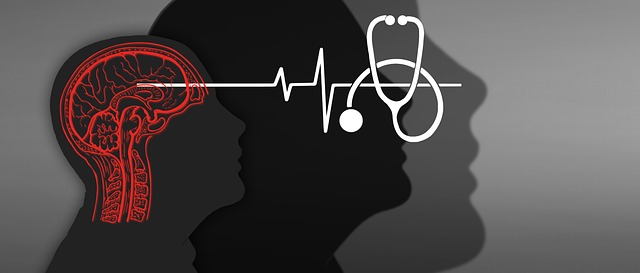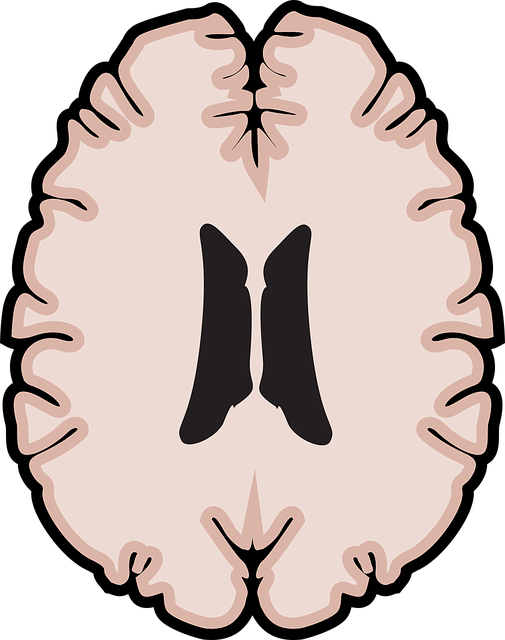Mental wellness self-assessment tools, as promoted by Englewood Trauma Therapy, are personalized, culturally sensitive resources that destigmatize mental health issues. These tools track emotional states, thought patterns, and behaviors through reflective questions, encouraging users to monitor mood patterns and enhance overall mental well-being. Employing user-friendly interfaces, interactive graphs, and mindfulness components, these assessments empower individuals to manage symptoms of depression effectively. Implementation with Englewood Trauma Therapy's collaborative approach, featuring regular updates based on user feedback, ensures the tool's effectiveness in promoting personalized recovery strategies.
Mental wellness self-assessment tools play a pivotal role in individual understanding and personal growth. In this article, we explore the development process of such tools, emphasizing the importance of personalized approaches. We delve into innovative strategies like Englewood Trauma Therapy, offering unique insights for effective assessment. Understanding key components and features is crucial for creating impactful tools. Furthermore, we discuss implementation and feedback mechanisms to ensure success, highlighting best practices through real-world examples, particularly focusing on Englewood Trauma Therapy’s impact.
- Understanding Mental Wellness Self-Assessment: The Need for Personalized Tools
- Engaging with Englewood Trauma Therapy: A Unique Approach to Assessment
- Designing Effective Self-Assessment Tools: Key Components and Features
- Implementation and Feedback: Ensuring the Success of Your Assessment Tool
Understanding Mental Wellness Self-Assessment: The Need for Personalized Tools

Mental wellness self-assessment tools play a pivotal role in empowering individuals to take charge of their mental health and well-being. These tools facilitate personal reflection, allowing users to gain valuable insights into their emotional states, thought patterns, and behaviors. However, it’s crucial to recognize that mental wellness is not one-size-fits-all; it varies greatly from person to person, influenced by individual experiences, cultural backgrounds, and unique life journeys.
At Englewood Trauma Therapy, we emphasize the importance of developing personalized self-assessment tools that consider these nuances. Cultural sensitivity in mental healthcare practice is paramount, as it ensures that assessment methods are inclusive and accessible to a diverse range of individuals. Public awareness campaigns development can also help destigmatize mental health issues, encouraging more people to seek support. Additionally, trauma support services should be integrated into self-assessment tools to cater to those with traumatic experiences, offering tailored strategies for recovery and resilience.
Engaging with Englewood Trauma Therapy: A Unique Approach to Assessment

Engage with Englewood Trauma Therapy offers a distinctive perspective on mental wellness self-assessment. This approach prioritizes addressing past traumas and their lasting effects on an individual’s present psychological state. By acknowledging that many mental health challenges stem from unprocessed traumatic experiences, this therapy model takes a holistic view, treating the mind and body as interconnected systems.
This unique methodology incorporates various techniques, including Self-Awareness Exercises and Emotional Intelligence development, to help individuals gain profound insights into their trauma responses. Through these practices, users can develop coping mechanisms that foster resilience, enhancing their ability to manage symptoms of depression prevention and promoting overall emotional well-being.
Designing Effective Self-Assessment Tools: Key Components and Features

Effective self-assessment tools for mental wellness should be designed with a multifaceted approach, incorporating various components to accurately gauge an individual’s emotional and psychological state. One key aspect is the inclusion of questions or prompts that encourage users to reflect on their daily experiences, thoughts, and feelings. This introspective process allows individuals to identify patterns in their mood management, emotional regulation, and confidence-boosting strategies over time. For instance, questions about stress triggers, coping mechanisms, and overall well-being can provide valuable insights.
Englewood Trauma Therapy emphasizes the importance of user-friendly interfaces that foster engagement and trust. The tools should be designed with a clear structure, intuitive navigation, and simple language to ensure accessibility for a diverse range of users. Incorporating features like interactive graphs, personalized feedback, and actionable recommendations can enhance the overall experience. Additionally, integrating components that promote self-reflection and mindfulness can empower individuals to take control of their mental wellness journey.
Implementation and Feedback: Ensuring the Success of Your Assessment Tool

After developing your mental wellness self-assessment tool, implementation is a crucial step towards ensuring its success. At Englewood Trauma Therapy, we believe in a collaborative approach where mental health professionals actively participate in the process. This involves providing clear guidelines and training on how to effectively use the assessment, allowing practitioners to tailor their approach based on individual needs.
Feedback from both users and those being assessed is invaluable. Incorporating this feedback into regular reviews ensures that the tool remains relevant and effective. Moreover, it provides an opportunity for self-awareness exercises—a key component in any risk management planning for mental health professionals. By regularly assessing and refining your assessment tool, you can create a dynamic and adaptable resource, fostering better outcomes for those seeking support at Englewood Trauma Therapy.
Mental wellness self-assessment tools are essential in today’s digital era, offering personalized approaches to support individuals’ mental health journeys. As discussed, engaging with innovative methods like Englewood Trauma Therapy provides a unique perspective on assessment. By incorporating key components such as tailored questions and user-friendly interfaces, these tools can effectively reach diverse audiences. Successful implementation relies on gathering user feedback, ensuring continuous improvement. Ultimately, the development of robust self-assessment tools not only facilitates early intervention but also fosters mental wellness in a way that is both accessible and impactful.













